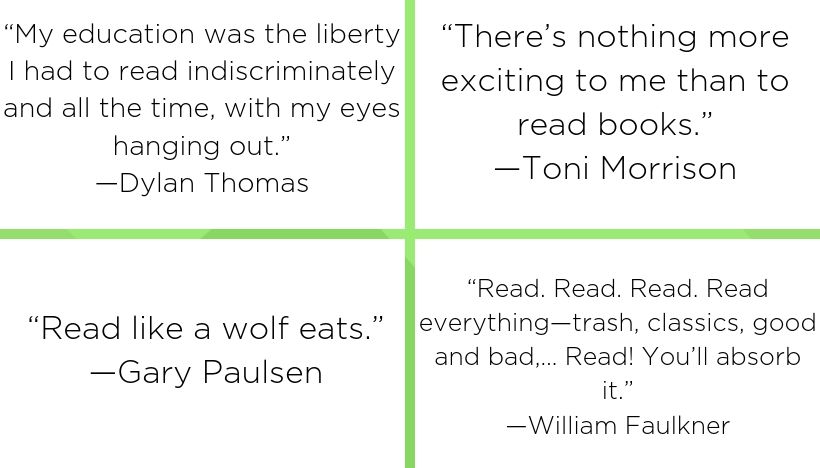I feel certain that one goal we teachers have for our students is that they to leave our classes to become enthusiastic readers, both for learning and for pleasure. We guide them during the school year with assigned reading, but because we know the research on the “summer slide” or maybe because we want them to get a leg up on the next year’s course, we send them home with a summer reading list.
I’d like to suggest that, while well-intentioned, all summer reading lists are not equal, and some summer reading list reads lead to book challenges. These challenges arise as soon as the list goes home or more often when the students are busy cramming to meet the lists’ requirements before school starts back up.
Summer reading list books that usually lead to challenges are often “classics,” old and new—the kinds of books that students “ought to have under their belts before they go to the next grade,” books that ideally would be taught if teachers had the time in the curriculum.
Unfortunately, these sorts of texts are the very texts that are meant to be read, taught, and learned about in the community of a classroom. They’re usually difficult texts for students to understand without the interaction and discussion in a reading community. And this is where the trouble begins.
Because the book is difficult, students will either not do the summer reading—a strike-out right at the beginning of the next school year when the reading list tests are given—or the students will complain to their parents about the book. And, if the parents dig into the text for themselves, without context for reading the text and missing the sorts of lessons that might occur during classroom discussions of the text, they come away with some misunderstanding of why their student should be reading this book that has a boy-on boy rape scene fewer than 30 pages in, that is focused on the prison and pre-prison life of a man from Baltimore, that features a lesbian woman and her gay father in graphic novel form, that focuses on the raw truth of slavery, and so on.
This is not to say that long reading lists with suggestions for free choice within, as well as suggestions that students freely choose outside the list, will totally solve the challenge problem, but they will limit it.
And besides, these sorts of lists, hopefully developed with student input, become signposts of a reading community of students guided by teachers, a community that might even extend outside the school.
Barring all these failsafes, if there is a challenge to one or more books on your summer reading, contact us. The NCTE Intellectual Freedom Center can offer assistance.
As noted in the Thoughtful Learning Blog, “Rethinking Summer Reading Lists”:
In Uncommon Sense, John S. Mayher states, “A good reader is one who reads widely, pleasurably, and consistently, for many diverse purposes and needs.” During the summer break, students have the time to read “widely” and “pleasurably,” so let’s have them read on their own terms and for their own enjoyment. The next mystery or modern drama they read this summer may be the one that hooks them on books forever. The chances that Frankenstein [or, I might add, other “classic often-taught literature”] will do that are slim to none.
The goal is to lead our students toward independent reading, as described in the latest NCTE Quick Reference Guide, Next Generation Independent Reading in the Elementary Classroom QRG.
I suggest that we give our students permission to do what these famous authors suggest (“Rethinking Summer Reading Lists” ):

And, for the last word, from Donalyn Miller, the Book Whisperer, as she said in “The Tale of Two Tables”
We must remind ourselves that readers who leave school and keep reading are those people who discover reading is personally valuable. When are kids learning from us that reading is pleasurable? When does reading ever get to belong to them and not us? If every book students read, even in the summer, is a book they are assigned to read in school, when do they pick up that reading is an engaging pastime, an activity adult readers pursue for fun
Note:
NCTE has Position Statements that speak to the importance of independent student choice in reading:
Statement on Classroom Libraries
Resolution on El día de los niños/El día de los libros
There are blogs on the topic as well:

